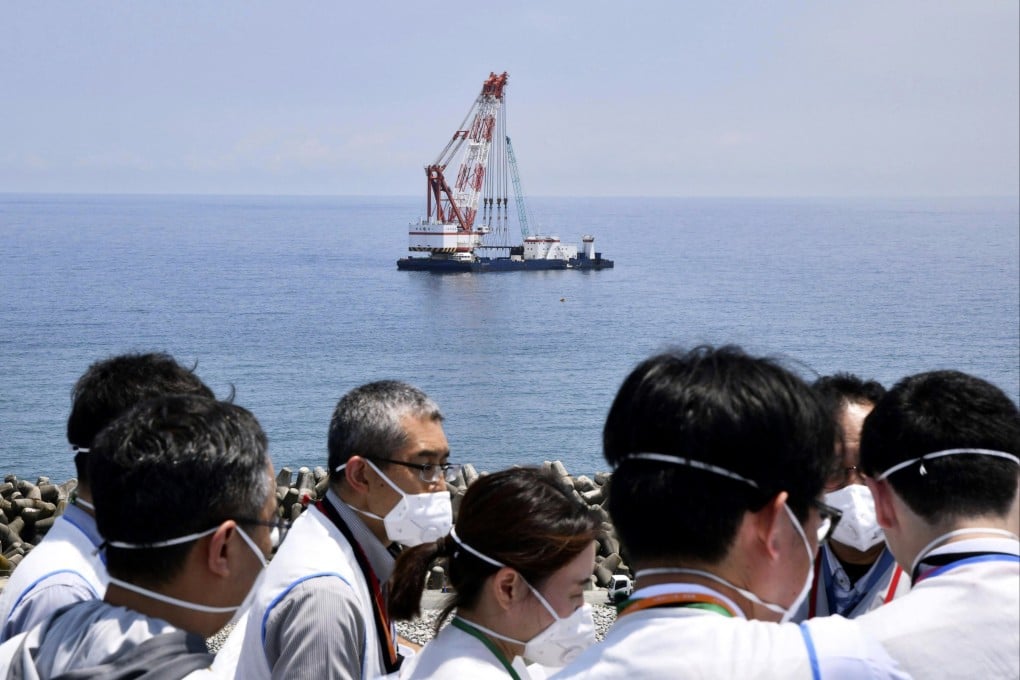Advertisement
Letters | What G7’s non-opposition to Japan’s nuclear waste water plan says
- Readers discuss the rich world’s support for the Fukushima water release plan, a win-win for Hong Kong and golf, and a compromise on Fanling
Reading Time:3 minutes
Why you can trust SCMP
29

Feel strongly about these letters, or any other aspects of the news? Share your views by emailing us your Letter to the Editor at letters@scmp.com or filling in this Google form. Submissions should not exceed 400 words, and must include your full name and address, plus a phone number for verification.
In the aftermath of the Fukushima nuclear power plant accident in 2011, Japan used seawater to cool damaged reactors, resulting in the daily production of more than 130 tons of contaminated water. Faced with a predicament over what to do about the radioactive waste water, the Japanese government has proposed discharging it into the Pacific Ocean while ensuring it meets safety standards.
Japan’s plan has caused outrage around the Asia-Pacific region, with the Pacific Islands Forum and Japan’s neighbouring countries voicing their disapproval of the plan and their doubts about the safety standards. Oceanographic institutes and marine scientists have questioned the safety-related data provided by the Tokyo Electric Power Company, the owner of the nuclear plant, and called on Japan to find other means of waste water disposal.
China’s Ministry of Foreign Affairs has highlighted that if the plan is followed, the Japanese government will be accountable not only for causing marine pollution, but also for jeopardising the health and safety of mankind.
South Korea’s fishermen have raised concerns about the threat to their livelihoods, with many gathering at the National Assembly in Seoul to protest against Japan’s plan. A notable Korean lawmaker challenged Japanese officials to drink the waste water to make good on their assertions that it is safe to be discharged.
In contrast, led by the US, the G7 has backed Japan’s plan to discharge the nuclear waste water into the Pacific, despite scientific concerns about severe consequences for marine life.
Advertisement